Latest News
 Sportsman’s Corner: Turkey time
Sportsman’s Corner: Turkey time
 New fed rules may force Mass. action on PFAS
New fed rules may force Mass. action on PFAS
 PHOTO: Learning leather
PHOTO: Learning leather
 North Quabbin Notes, April 11
North Quabbin Notes, April 11
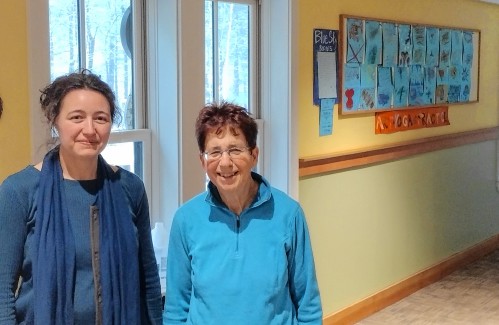
Director of Village School in Royalston steps down
ROYALSTON – Village School Director Rise Richardson, who has been there since the doors opened in 1989, has announced she has stepped down from the position.Richardson has been the school’s director since 1994, and said she had decided that it was...

Athol Salvation Army Corps joins Boston Marathon volunteers
ATHOL — Though they may not have been among the runners, the Salvation Army Athol Corps played an important role in the 128th Boston Marathon.The corps sent two vehicles — their mobile feeding unit, also known as a “canteen,” and a minivan — to help...
Sports

High Schools: Two-run first inning propels Pioneer baseball past Turners
Turners Falls pitcher Joey Mosca did all he could to hold down a potent Pioneer lineup on Tuesday. Mosca gave up two runs in the first inning but settled in from there, not allowing a run the rest of the way while striking out six. The Turners bats...
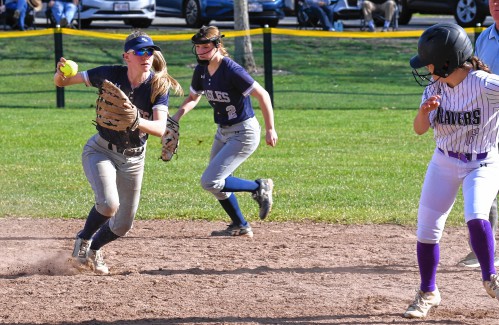 Softball: Hannah Gilbert allows two hits as Franklin Tech knocks off Blackstone Valley, 7-3 (PHOTOS)
Softball: Hannah Gilbert allows two hits as Franklin Tech knocks off Blackstone Valley, 7-3 (PHOTOS)
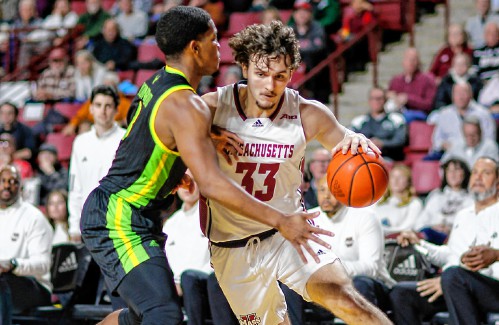 UMass basketball: Matt Cross reportedly enters transfer portal
UMass basketball: Matt Cross reportedly enters transfer portal
 Baseball: Sam Connors, Mahar get past Smith Academy for win No. 2 (PHOTOS)
Baseball: Sam Connors, Mahar get past Smith Academy for win No. 2 (PHOTOS)
Opinion

Walt Gorman: Fed up
The solar eclipse did not change my life, but I very much enjoyed it. I doubt I’ll be around for the 2044 eclipse, but if I am, I just might travel to North Dakota to see it.According to the US ambassador to France and other US officials, former...
 Maggie Baumer: Access to prosthetics and orthotics for physical activity a right, not a privilege
Maggie Baumer: Access to prosthetics and orthotics for physical activity a right, not a privilege
 Pat Hynes: Nuclear weapons bills need action
Pat Hynes: Nuclear weapons bills need action
 Nikki Garrett: A joy to join in on Earth Day cleanup
Nikki Garrett: A joy to join in on Earth Day cleanup

Police Logs

Athol Police Logs: March 12 to March 19
ATHOL POLICE LOGSTuesday, March 126:45 p.m. - Male party into the lobby regarding a shop vac he lent to someone and they are refusing to give it back. Party was advised of his options. Attempted to contact involved party, negative contact, a voicemail...
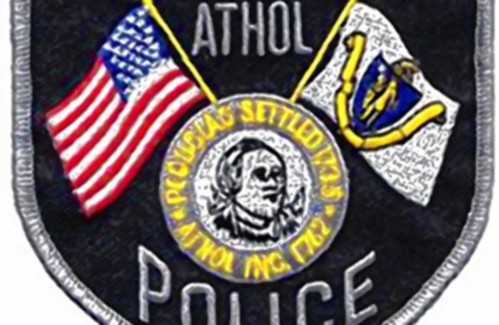 Athol Police Logs: Feb 19 to Feb. 27
Athol Police Logs: Feb 19 to Feb. 27
 Athol Police Log Feb. 4-18
Athol Police Log Feb. 4-18
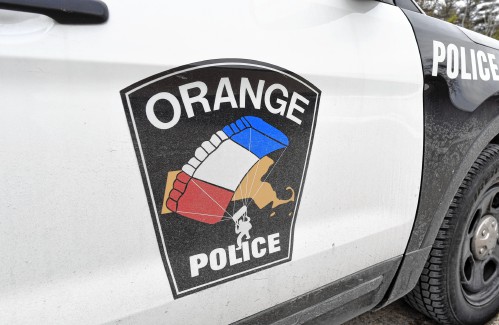 Orange Police Log 12/1-13
Orange Police Log 12/1-13
 Athol Police Log 11/8-26
Athol Police Log 11/8-26
Arts & Life

Crunch time for matzo: An easy-to-make sweet treat that’s Passover Seder-friendly
Passover begins this coming Monday night. This eight-day holiday means many things to many people: the survival of the Jewish people in the book of Exodus, the overall history of Judaism, and even the last supper of Jesus.This year Easter came more...
Obituaries
 Robert E. Thayer
Robert E. Thayer
Robert E. "Bob" Thayer Athol, MA - ATHOL - Robert E. "Bob" Thayer, 90 of Athol passed away Sunday, April 14, 2023, in the Athol Hospital. He was born on July 13, 1933, the son of Robert H. ... remainder of obit for Robert E. Thayer
 Chris N. Boyle
Chris N. Boyle
8/5/1956 - 4/11/2024 ORANGE, MA - Chris Boyle, beloved father and husband, passed away on April 11, 2024 at home. Chris led a life of unwavering dedication to his family, a steadfast co... remainder of obit for Chris N. Boyle
 Donn K. Clifford
Donn K. Clifford
PHILLIPSTON, MA - Donn K. Clifford, 74, of Barre Road, died on Wednesday, April 10, 2024 at Heywood Hospital in Gardner. Born in Gardner on August 15, 1949, he was the son of Robert Cliffo... remainder of obit for Donn K. Clifford
 Shirley Anne Bailey
Shirley Anne Bailey
PEPPERELL, MA - Shirley Anne Bailey, age 89, passed away quietly on Sunday, March 31, 2024, at Ayer Valley Nursing and Rehabilitation. She was a long-time resident of Pepperell, MA, and was... remainder of obit for Shirley Anne Bailey

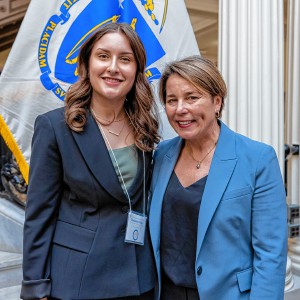 Franklin County youth tapped to advise governor’s team
Franklin County youth tapped to advise governor’s team
 Athol Police Logs: March 27 to April 10, 2024
Athol Police Logs: March 27 to April 10, 2024
 A Page from North Quabbin History: Quabbin Reservoir photo archives
A Page from North Quabbin History: Quabbin Reservoir photo archives
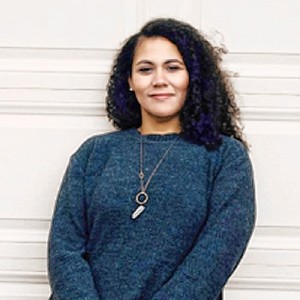 Historical society presents history of Nichewaug
Historical society presents history of Nichewaug
 Equity, income concerns flagged in free college debate
Equity, income concerns flagged in free college debate
 School nurse resigns after Orange administrators discover lack of license
School nurse resigns after Orange administrators discover lack of license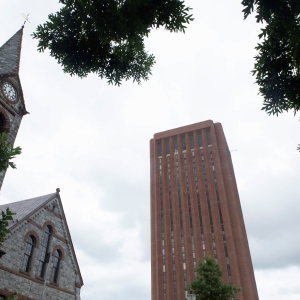 UMass trustees OK 2.5% tuition increase
UMass trustees OK 2.5% tuition increase Athol Town Manager says next fiscal year may be the ‘most challenging’ in the last decade
Athol Town Manager says next fiscal year may be the ‘most challenging’ in the last decade Heywood Healthcare cites progress made since bankruptcy filing
Heywood Healthcare cites progress made since bankruptcy filing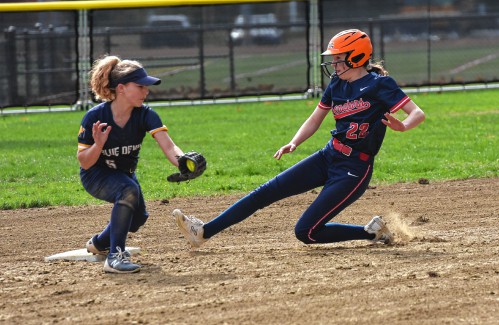 High schools: Mahar softball can’t stay with Northampton in 20-6 loss (PHOTOS)
High schools: Mahar softball can’t stay with Northampton in 20-6 loss (PHOTOS)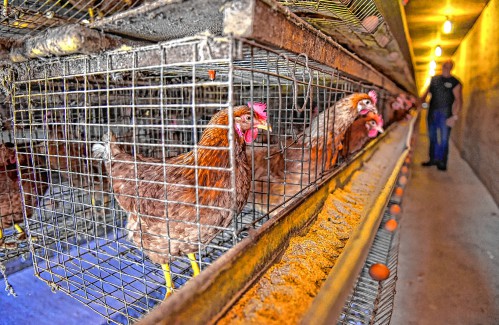 My Turn: The pecking order revolution: Massachusetts’ fight for animal rights
My Turn: The pecking order revolution: Massachusetts’ fight for animal rights Spotlight on women in classical music: Brick Church Music Series’s season comes to a close, April 28-29, with Champlain Trio
Spotlight on women in classical music: Brick Church Music Series’s season comes to a close, April 28-29, with Champlain Trio Ready for their close-up: Pothole Pictures announces a season of curated film screenings, live music and $1 popcorn
Ready for their close-up: Pothole Pictures announces a season of curated film screenings, live music and $1 popcorn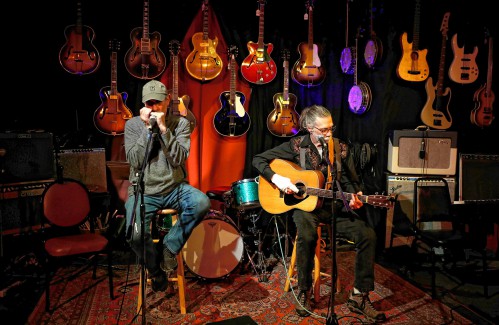 You’re up next: Western Mass open mic scene heats up post-pandemic
You’re up next: Western Mass open mic scene heats up post-pandemic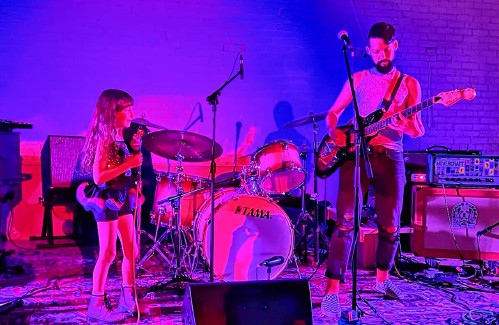 Sounds Local: Fun for the whole family: Meltdown, a book and music fest for kids, returns to Greenfield this Saturday
Sounds Local: Fun for the whole family: Meltdown, a book and music fest for kids, returns to Greenfield this Saturday